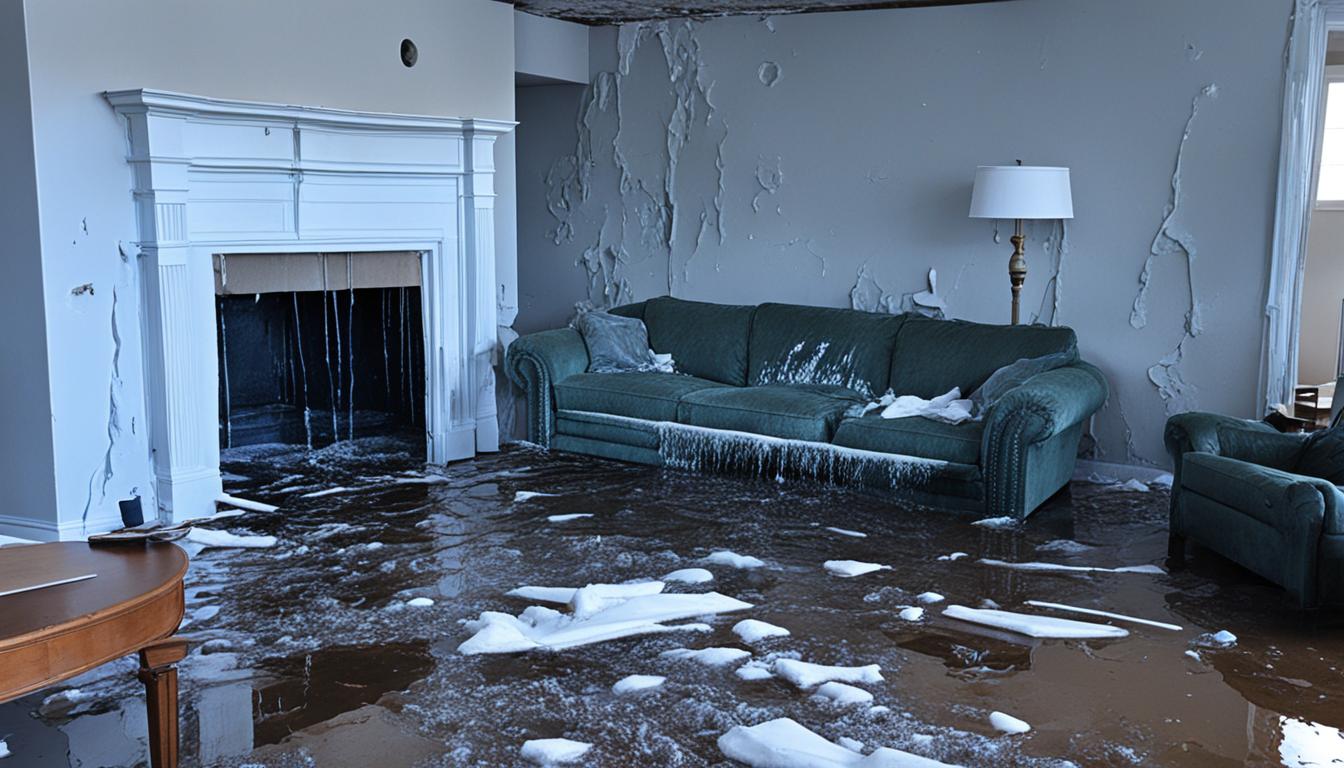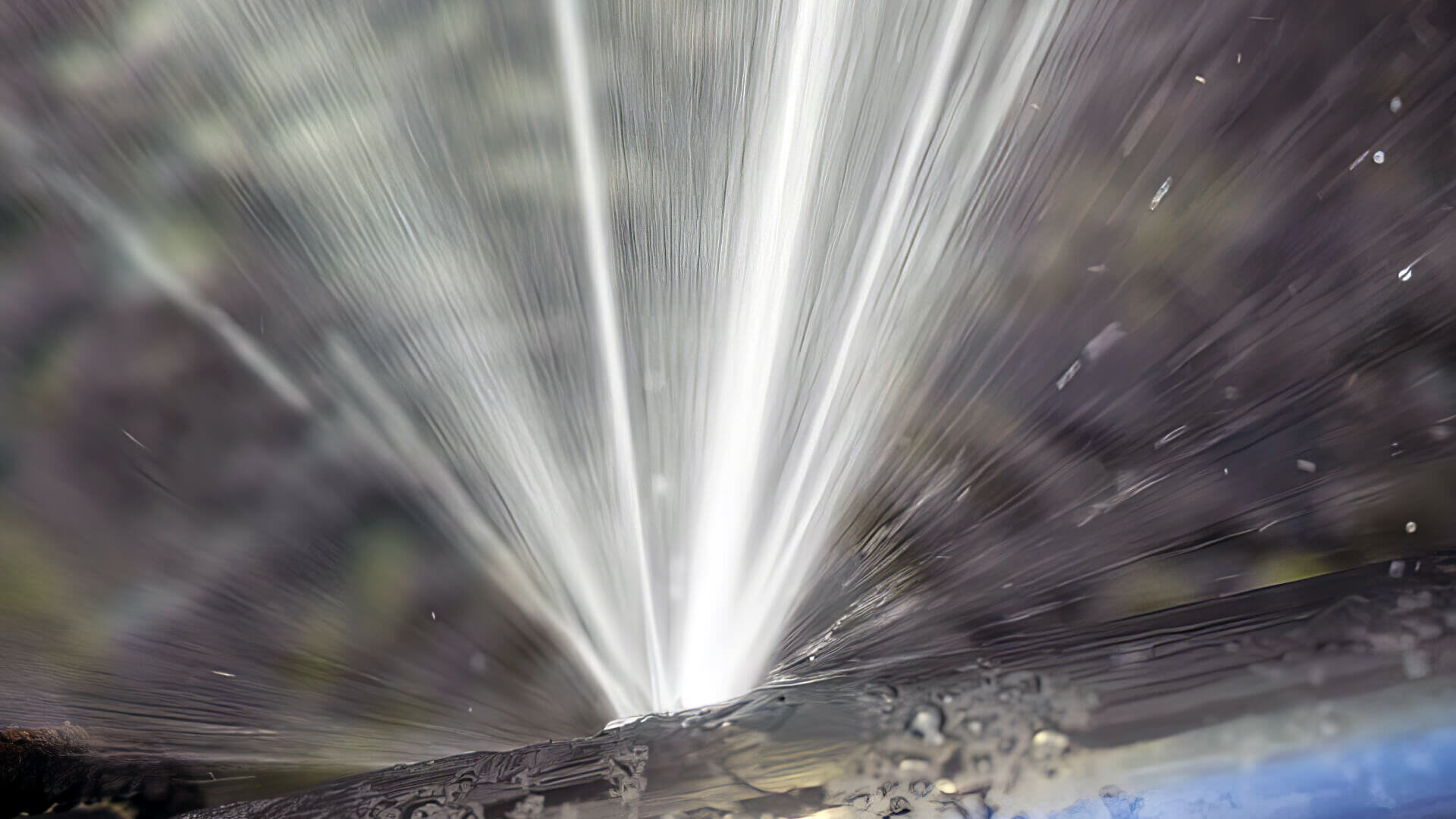How to Handle a Burst Pipe: Essential Steps for Immediate Action
How to Handle a Burst Pipe: Essential Steps for Immediate Action
Blog Article
Avoiding Ruptured Pipeline: Important Tips to Protect Your Pipes
Avoiding ruptured pipes is a vital problem for house owners, especially throughout colder months when the danger of cold is increased. Implementing strategic measures such as appropriate insulation, routine assessments, and preserving constant interior temperatures can significantly lower the chance of pipeline failing.
Understand Pipeline Vulnerabilities
Comprehending pipe vulnerabilities is necessary for reliable pipes maintenance and preventing pricey damages. Numerous variables add to the vulnerability of pipelines to bursts, consisting of material composition, age, and environmental problems. Older pipes, particularly those made from galvanized steel or polybutylene, commonly deteriorate gradually, causing boosted risk of ruptures and leaks.
Temperature level variations can also substantially influence pipe honesty. In colder climates, water trapped in pipes can freeze, expanding and putting in pressure on the pipe wall surfaces, which might inevitably cause a ruptured. Additionally, high water stress can strain pipelines, specifically at bends and joints, increasing the probability of failure.

Insulate Piping Correctly
Appropriate insulation of pipelines is vital for avoiding cold and subsequent ruptureds during winter (burst pipe). Shielding your pipes system properly safeguards versus temperature goes down that can result in costly damage. Begin by identifying susceptible locations where pipelines are subjected to exterior temperature levels, such as cellars, attic rooms, and outside wall surfaces
Use foam pipe insulation sleeves or wrap insulation tape around these areas to offer a protective obstacle. Make sure that all areas of the pipes, specifically those with limited heat direct exposure, obtain ample insulation. Pay special attention to joints and fittings, as these are more at risk to cold.
When protecting, it's vital to select products that fulfill regional building codes and are appropriate for the certain setting. Fiberglass insulation is usually recommended for its thermal resistance residential or commercial properties. Furthermore, consider making use of warm cable televisions or tape in extreme problems, which can be plugged in to offer extra warm
Frequently evaluate shielded pipelines for any kind of indicators of wear or damages, as compromised insulation can diminish its performance. By taking these aggressive actions, you dramatically lower the threat of pipeline ruptureds, ensuring a reputable plumbing system throughout the cold weather.
Maintain Constant Temperature Level
A steady indoor temperature level is crucial for preventing burst pipelines throughout the icy months. When temperature levels decrease, water within pipelines can freeze, creating and broadening pressure that may visit this web-site inevitably cause the pipelines to ruptured.Using a programmable thermostat can help handle interior temperatures successfully, making certain that rooms with plumbing remain cozy also when the house is vacant.
This minor flow of water can avoid freezing by easing stress within the pipelines. By applying these approaches, homeowners can significantly decrease the risk of pipe ruptureds and safeguard their pipes systems versus the extreme winter aspects.
Routinely Check Plumbing
Regular inspections of plumbing systems are vital for avoiding ruptured pipes and keeping overall home honesty. Routine checks enable home owners to determine possible problems prior to they rise into pricey repair work or significant water damage. Throughout these examinations, it is necessary to analyze noticeable pipes for indications of deterioration, leaks, or use. Pay special interest to locations prone Get More Information to freezing, such as cellars, attic rooms, and outside wall surfaces.
In addition, inspecting links and joints is crucial, as these factors are usually at risk to leakages. Homeowners ought to additionally assess water pressure levels, as too much stress can stress the plumbing system and raise the danger of pipe ruptureds.
Take into consideration scheduling professional pipes inspections at the very least yearly, particularly prior to winter months, to guarantee your system is prepared for cooler temperature levels. Regular assessments not just help in recognizing prompt problems yet additionally foster lasting upkeep approaches that can boost the life expectancy of your plumbing system. By being aggressive in your strategy, you can protect your home against the disruptive and pricey effects of burst pipes. Focusing on plumbing evaluations is an investment in your house's health and wellness.
Know Emergency Treatments
Understanding emergency procedures is essential for each home owner, particularly after performing regular plumbing evaluations. Being gotten ready for a plumbing emergency can substantially mitigate damage and save costs. First, locate your primary water shut-off shutoff; it is commonly located near the water meter or where the major line enters your home. Familiarize yourself with its operation, as closing off the water quickly can prevent extensive flooding.
Next, maintain crucial devices helpful. A plumbing emergency set need to include a wrench, plunger, and towels, in addition to a flashlight and a bucket for little leakages. Furthermore, take into consideration having the call info for a relied on plumber readily available, must the situation intensify past your control.
If you discover a leakage or ruptured pipe, promptly turn off the water and notify your plumbing professional. Record the damage with pictures for insurance functions. Know the signs of potential plumbing concerns, such as unusual water stress changes or damp places on walls
Inevitably, aggressive understanding and quick action are important in handling pipes emergencies, guaranteeing your home continues to be safeguarded and reducing possible damage.

Conclusion
In conclusion, preventing ruptured pipelines necessitates a complex method that includes understanding pipeline vulnerabilities, correct insulation, keeping constant interior temperature levels, routine inspections, and understanding of emergency situation treatments. By applying these necessary techniques, the danger of plumbing failures can be considerably minimized, thus making certain try this out the durability and performance of the plumbing system. Positive procedures not only safeguard versus prospective damage yet additionally contribute to total water preservation and the protection of home.
In chillier environments, water entraped in pipelines can freeze, applying and increasing pressure on the pipe wall surfaces, which might ultimately lead to a burst. When temperatures decline, water within pipelines can ice up, expanding and producing pressure that might inevitably cause the pipelines to ruptured. By applying these approaches, property owners can dramatically lower the risk of pipe ruptureds and safeguard their pipes systems against the harsh winter elements.

Report this page